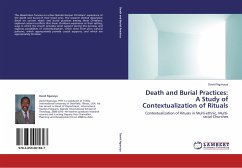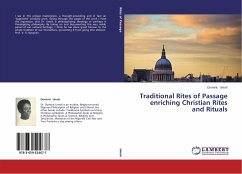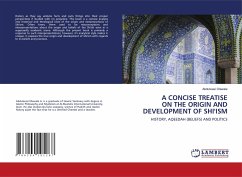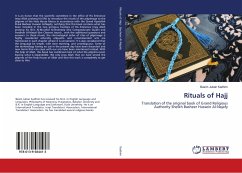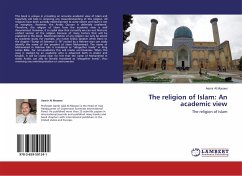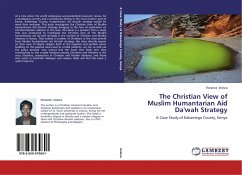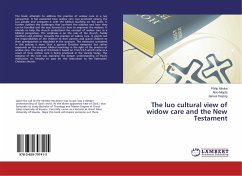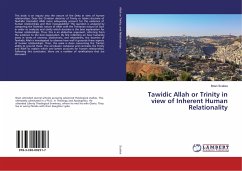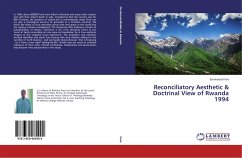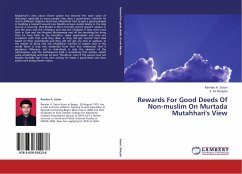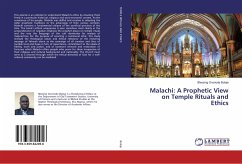
Malachi: A Prophetic View on Temple Rituals and Ethics
Versandkostenfrei!
Versandfertig in 6-10 Tagen
65,99 €
inkl. MwSt.

PAYBACK Punkte
33 °P sammeln!
This volume is an attempt to understand Malachi's ethics by situating them firmly in a particular historical, religious and socio-economic context. As the conscience of his people, Malachi was skillful and creative in adapting the older prophetic traditions to the advantage of their various contexts. Malachi contains a fundamental critique of the sacrificial practices of the time. The book's ethical uniqueness is seen somehow most clearly in the preponderance of negative emphasis the prophet places on temple rituals and the way the language of the cult dominates his analysis of malpractices. F...
This volume is an attempt to understand Malachi's ethics by situating them firmly in a particular historical, religious and socio-economic context. As the conscience of his people, Malachi was skillful and creative in adapting the older prophetic traditions to the advantage of their various contexts. Malachi contains a fundamental critique of the sacrificial practices of the time. The book's ethical uniqueness is seen somehow most clearly in the preponderance of negative emphasis the prophet places on temple rituals and the way the language of the cult dominates his analysis of malpractices. For the purpose of enacting a communal ethic, this study stressed the theological values and ethical relevance of the enduring message of Yahweh alone as the sovereign of all creation and thus of humble trust and hope in him, of repentance, commitment to the ideals of fidelity, truth and justice, and of covenant renewal and restoration of fortunes which Malachi offers people who yearn for them irrespective of their religious and cultural background and nationality. The Church must serve as a channel through which the ethical demands of God for a well-ordered community can be mediated.



